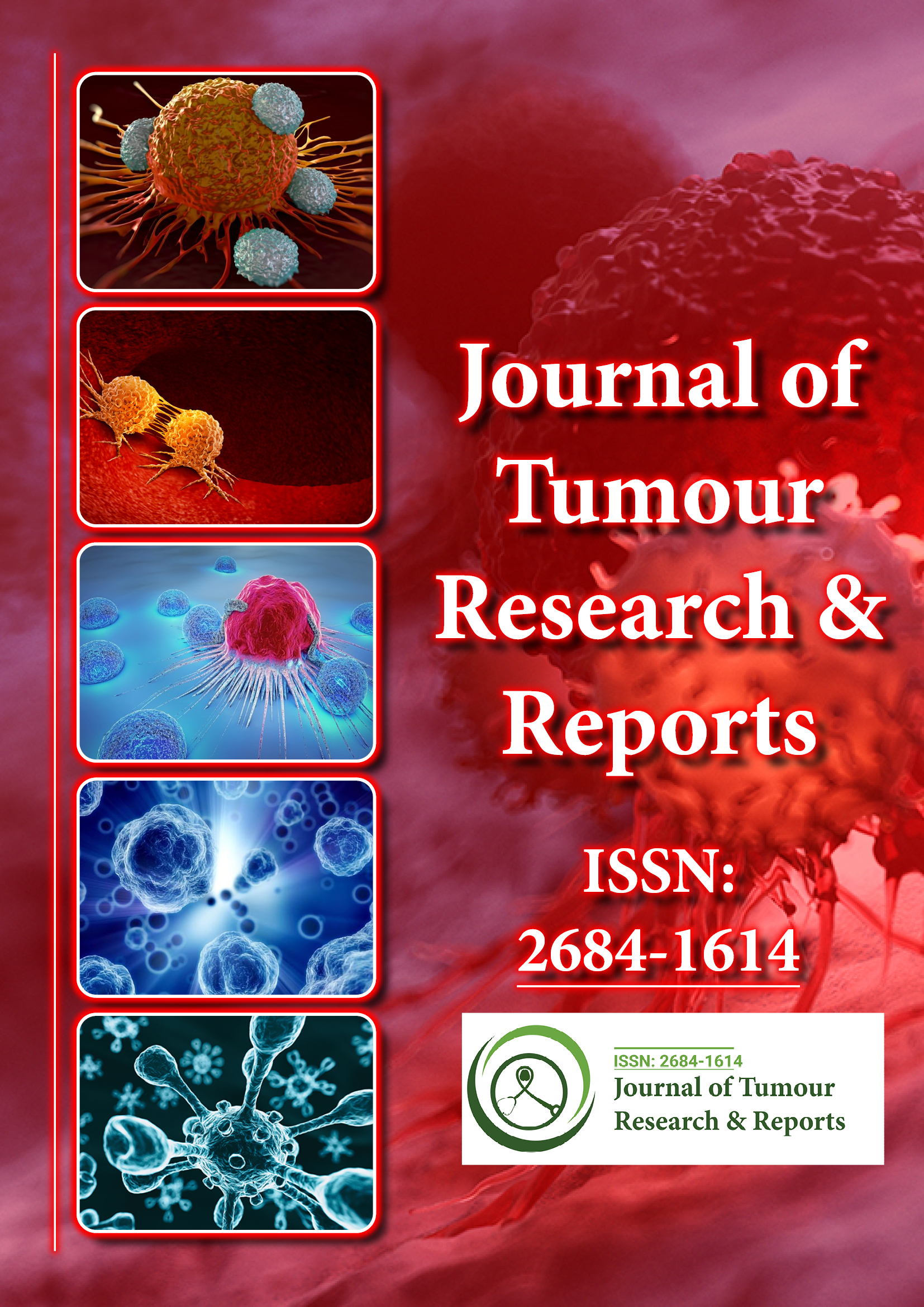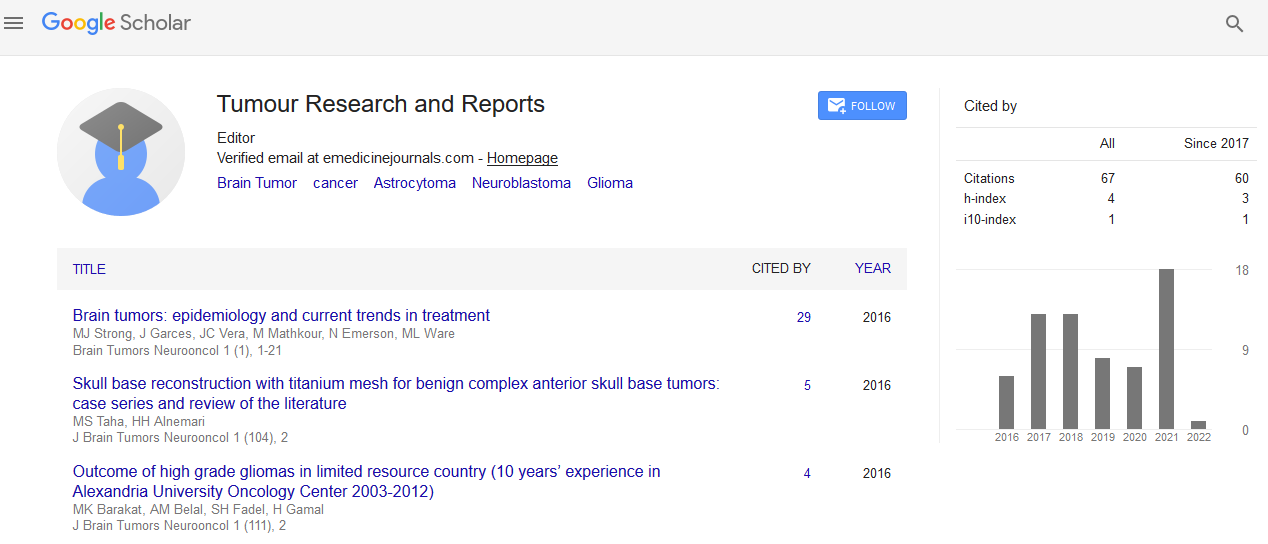Indexed In
- RefSeek
- Hamdard University
- EBSCO A-Z
- Google Scholar
Useful Links
Share This Page
Journal Flyer

Open Access Journals
- Agri and Aquaculture
- Biochemistry
- Bioinformatics & Systems Biology
- Business & Management
- Chemistry
- Clinical Sciences
- Engineering
- Food & Nutrition
- General Science
- Genetics & Molecular Biology
- Immunology & Microbiology
- Medical Sciences
- Neuroscience & Psychology
- Nursing & Health Care
- Pharmaceutical Sciences
Xu Jinrui
Department of Radiotherapy, The Fourth Affiliated Hospital of Hebei Medical University, Shijiazhuang, 050011, China
Biography
Xu Jinrui belongs to the field of molecular evolution has progressed with the accumulation of various molecular data. It started with the analysis of protein sequence data, followed by that of gene and genome sequence dada. Recently, structural genomics and proteomics have offered new types of data for addressing molecular evolution questions. Structural genomics refers to genome-wide collection of protein structures, whereas proteomics is the study of all proteins in a cell or organism.
Publications
-
Research
Prognostic Factors in Esophageal Cancer Patients after Definitive Radiotherapy using Simultaneous Integrated Boost-Intensity Modulated Radiotherapy (SIB-IMRT) and Late-Course Boost to Gross Tumor Volume (LCBGTV)
Author(s): Keita M*, Shuguang Li, Cisse IK, Barry A, Xu Jinrui, Zhao Yan, Song chunyang, Li Juan, Su Jingwei, Xu Qingyong, Traore B and Zhu Shuchai
Objective: To assess pre-treatment factors that can predict the outcome of simultaneous integrated boostintensity-modulated radiotherapy (SIB-IMRT) or Late-course boost to gross tumor volume (LCBGTV) and help to choose treatment strategies appropriate for individual patients. Methods: Data obtained from 174 esophageal cancer (EC) patients, including 51 patients in the SIB-IMRT group and 123 patients in LCBGTV-IMRT group were reviewed between 2008 and 2012. The primary outcome was overall survival (OS) and progression-free survival (PFS) comparison. Results: After the Propensity score matching (PSM) analysis, the 5 year OS rates and median survival in SIBIMRT group and LCBGTV-IMRT group were 52.4%, and 62.2 months and 37.7 %, and 49.6 months, respectively (p=0.491). The 5 year PFS rate was better in the SIB-IMRT group (27,6%; 95% CI :12.2 to 25.8 months) than in the LCBGTV-IMRT group (.. View more»

